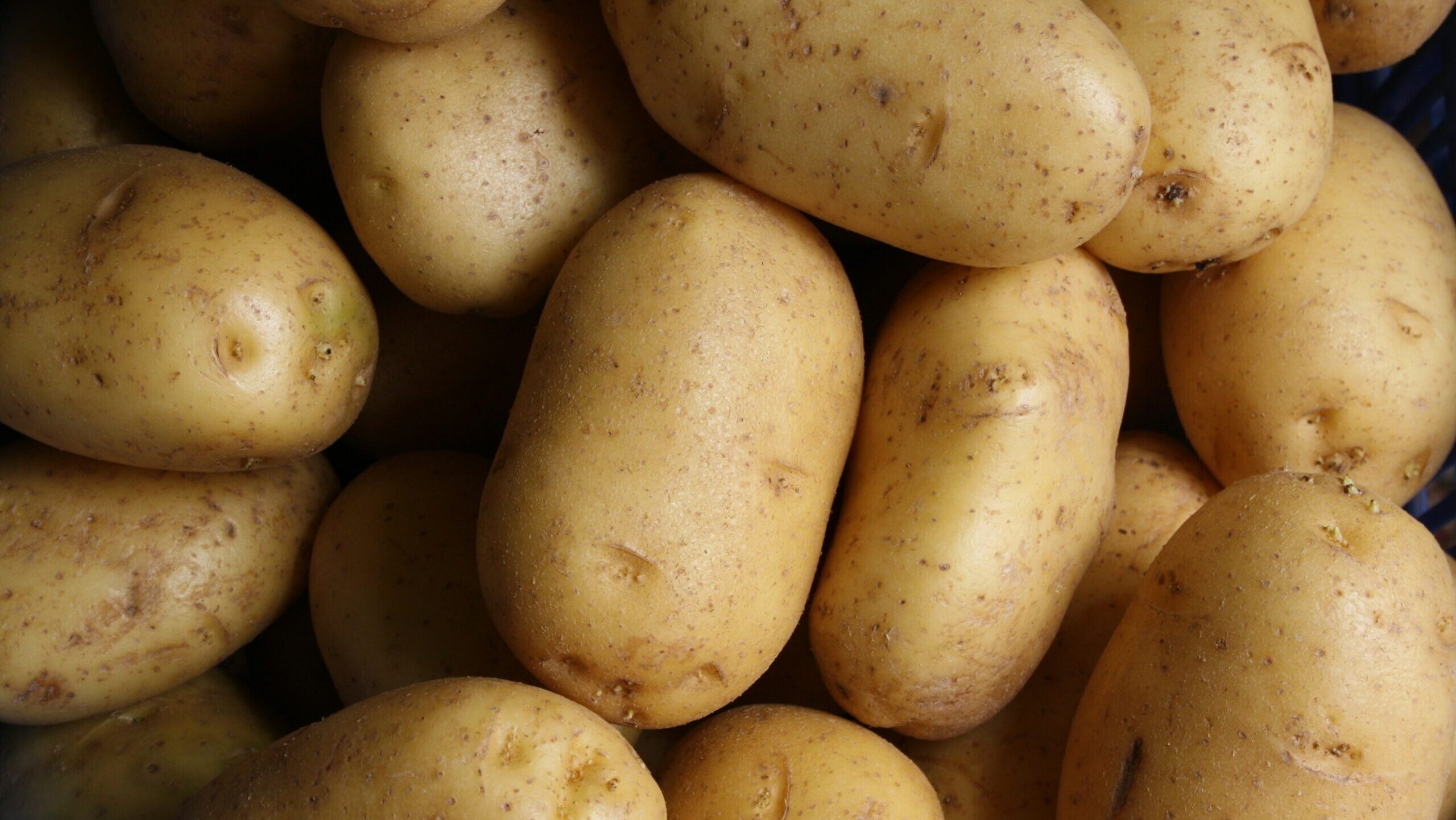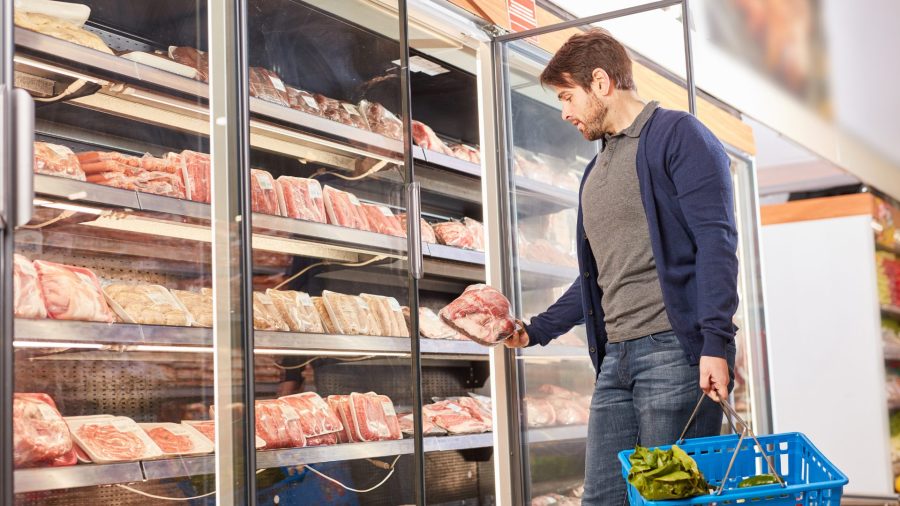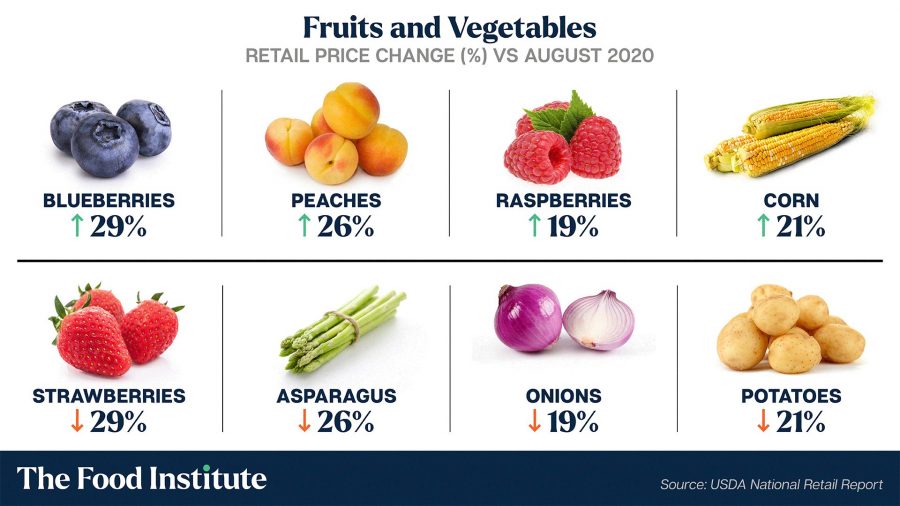Potatoes, a mainstay of the sides and snacks game, have long faced a storage dilemma. Historically, there have been two options: storing them at cold temperatures, or storing them at slightly higher temperatures (like 50°F). However, when stored at cold temperatures, sucrose in the potatoes is triggered to convert into reducing sugars like fructose and glucose. These sugars can create dark, bitter products when exposed to high temperatures, along with potential carcinogens and neurotoxins.
This storage conundrum means the food industry has had to choose between two undesirable outcomes: bitter-tasting products or increased risk of rot. The result? A constant struggle to maintain the quality and safety of potato-based foods.
Enter the bioengineering team at Michigan State University. As reported by Bakery And Snacks, they’ve built on the results of a 2010 study to figure out how to silence the gene that produces the enzyme that reacts to external factors such as temperature. In other words, the potato is now genetically reprogrammed to ignore the signals that would normally lead to the conversion of sucrose into those pesky reducing sugars.
According to Professor Dave Douches, “we’re putting the gene in a specific orientation in the DNA that tells the potato the gene won’t work as well as it used to.” He goes on to clarify that this isn’t gene-editing, but more like genetic-engineering. “This leads to the same result as silencing,” he noted.
The MSU team’s breakthrough promises better-tasting potato products and significant implications for the food industry.
Food manufacturers can store their potatoes at more optimal temperatures for longer without the fear of rot or bitterness, leading to a healthier, more consistent product quality, reduced waste, and potentially lower costs due to less spoilage. This, in turn, can lead to great shelf stability for shipping, opening up new markets and improved sustainability efforts industry wide.
“This successful bioengineering project can serve as a proof of concept,” said Dr. Zach Cartwright, senior food scientist at AQUALAB, “potentially attracting more interest and funding for similar projects targeting other staple foods.”
“The positive outcomes might encourage further research into bioengineering for improving the storage, quality, and nutritional value of various crops,” Dr. Cartwright added. “Researchers may explore bioengineering other staples like wheat, rice, and corn, as well as developing lab-grown meats.”
A more robust bioengineering industry could lead to greater sustainability, less waste, and, in turn, far-reaching environmental benefits.
“Decreasing spoilage can significantly reduce the environmental footprint associated with potato production,” said Dr. Cartwright, “and cooler storage temperatures can lead to energy savings and reduced greenhouse gas emissions.”
As this bioengineered potato enters commercial viability, it carries the banner for bioengineering with it. What other problems in agriculture and food science might be solved with genetic engineering? The work of Professor Douches’ team is a case of science solving real-world issues and has the potential to inspire other advancements in other fields.
Due to the MSU team, the future of potatoes – already a beloved American staple – looks better than ever.
The Food Institute Podcast
In this episode of The Food Institute Podcast, IFDA President and CEO Mark S. Allen discussed the pressing challenges and innovative solutions in the foodservice distribution industry. Allen delved into topics such as labor shortages, transportation issues, technology advancements, and the importance of industry events like IFDA’s Solutions Conference.








